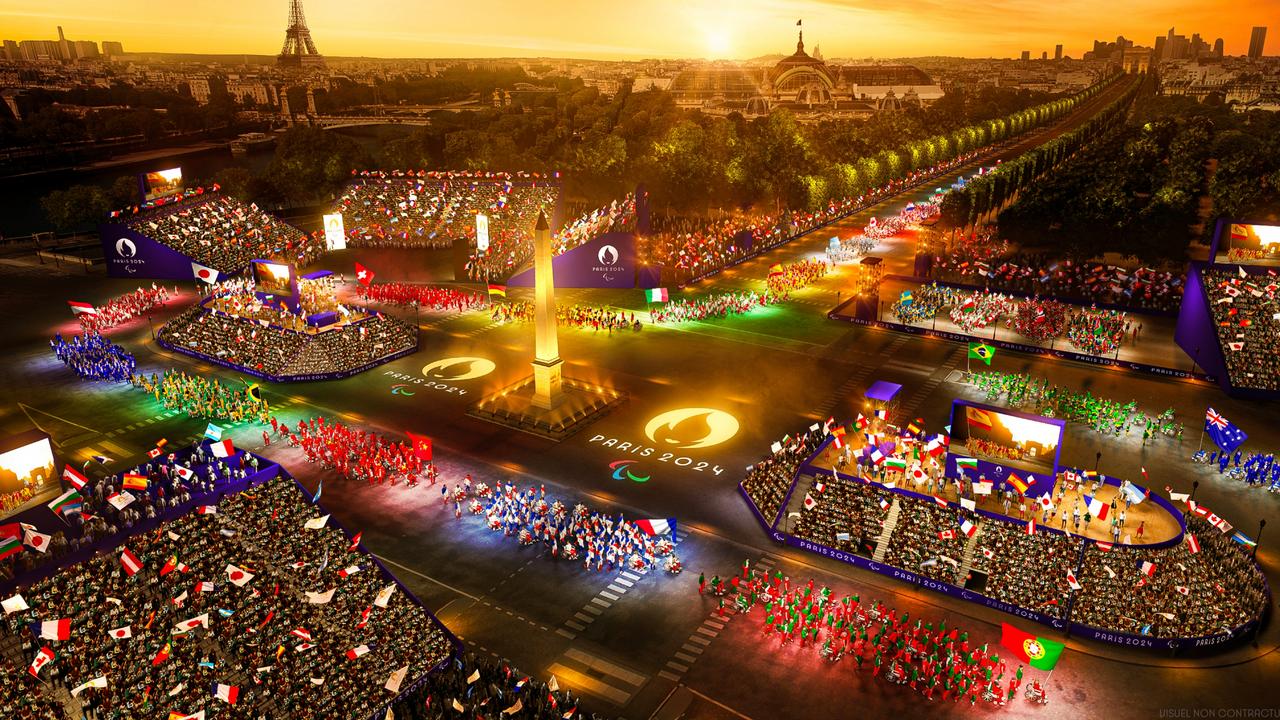Paris Olympics: the history and language of host nation France
Part 9: The 2024 Paris Olympics marks the third time the ‘Ville Lumiere’, or, city of lights, has hosted the Games. Let’s look back over the history of France – and learn a few words along the way
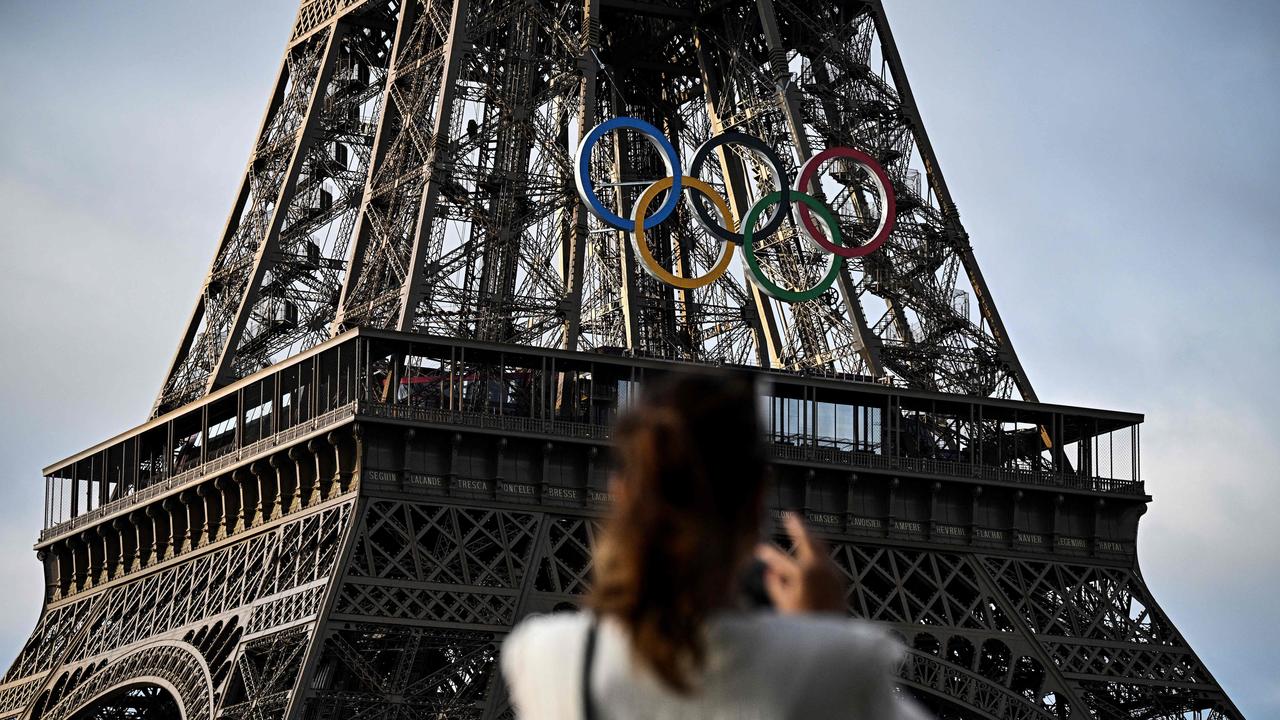
READING LEVEL: GREEN
PART 9A: OLYMPICS HOST NATION IN PROFILE – BONJOUR LA FRANCE!
Bonjour la France, bonjour la Paris, bonjour the 2024 Summer Olympic Games!
Bonjour (pronounced bon-zhuor).- the French word for good morning; good day or hello is one of the most well-known words of the 2024 Summer Olympics host country, France.
But what are some of the others?
je: I
ville: city
vous: you
bien: well
femme: female
homme: man
monde: world
aller: go
au revoir: goodbye
merci: thank you
s’il vous plait: please

Some phrases you may need to know for the Olympics are:
Olympic Torch Relay: Relais de la flamme olympique
Olympic cauldron: La vasque olympique
Flag bearer: Porte-drapeau
Opening Ceremony: Cérémonie d’ouverture
Closing Ceremony: Cérémonie de clôture
Gold, silver, bronze medal: Médaille d’or, d’argent et de bronze
Olympic record: Record olympique
World record: Record du monde
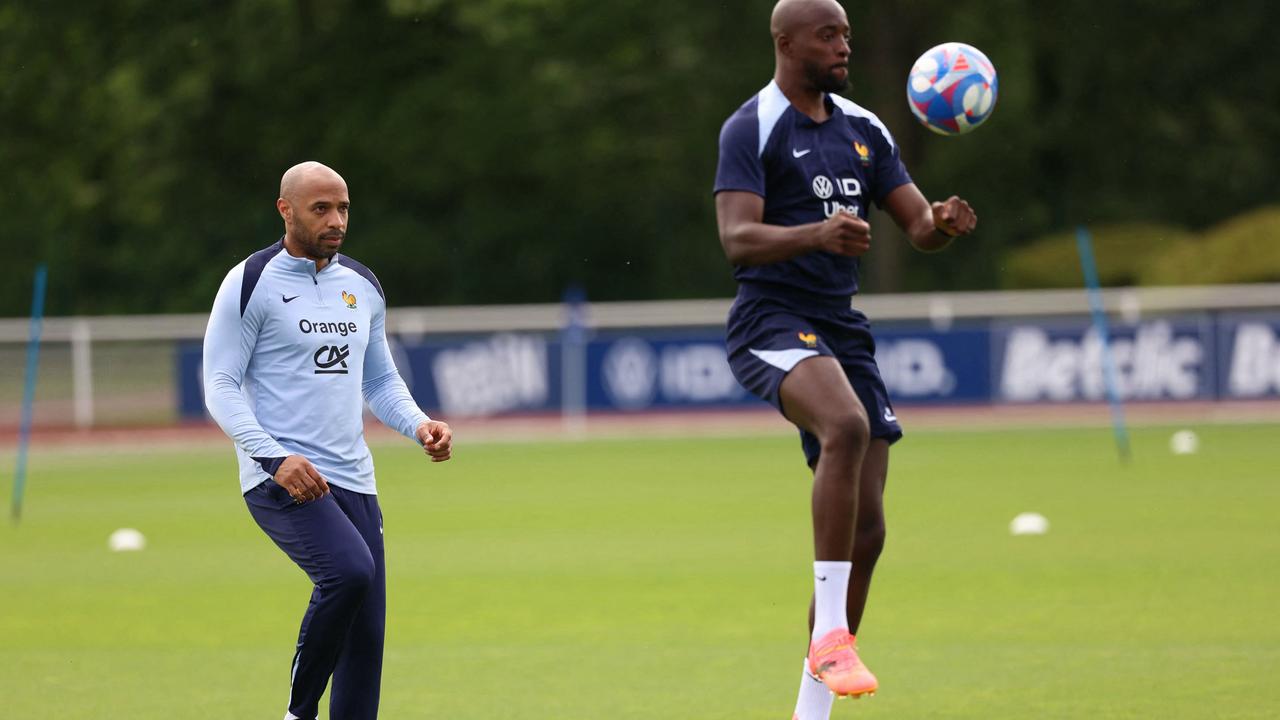
Did you know that many French sports names have been borrowed from English words, meaning they sound very similar?
For example:
Soccer is le football, or le foot
Baseball is le base-ball
Rugby is le rugby
Handball is le hand ball
Tennis is le tennis
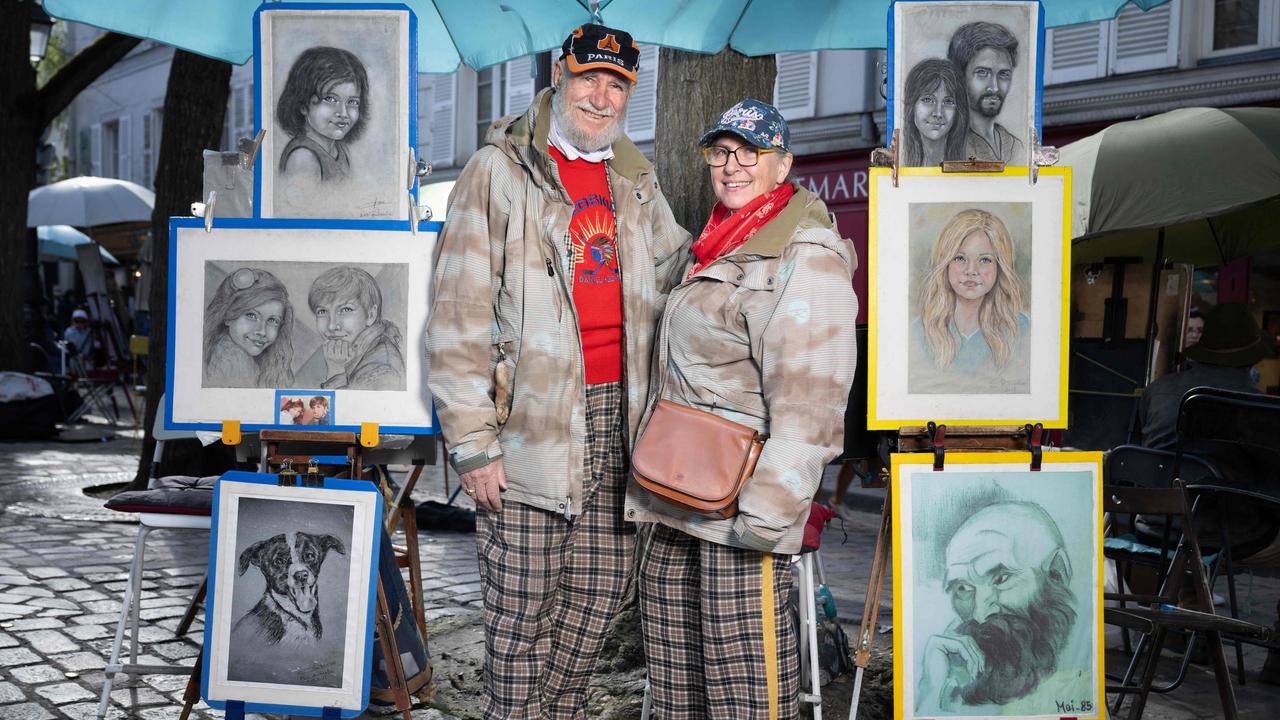
ALL ABOUT FRANCE
In addition to the language, there is a lot to learn about France.
Some fast facts:
- France is the largest country in Western Europe
- The capital city of France is Paris
- France is the shape of a hexagon*
- France has a population of around 67,092,056 people
- Its official language is French
- It is one of the world’s most popular tourist destinations
- The first public screening of a movie was in France in 1895
- The croissant, a pastry often associated with France, was invented in Austria
- France is one of the oldest nations on Earth with lots of interesting historical events. It is also the most ethnically diverse across Europe (meaning there are lots of people from different cultural backgrounds).
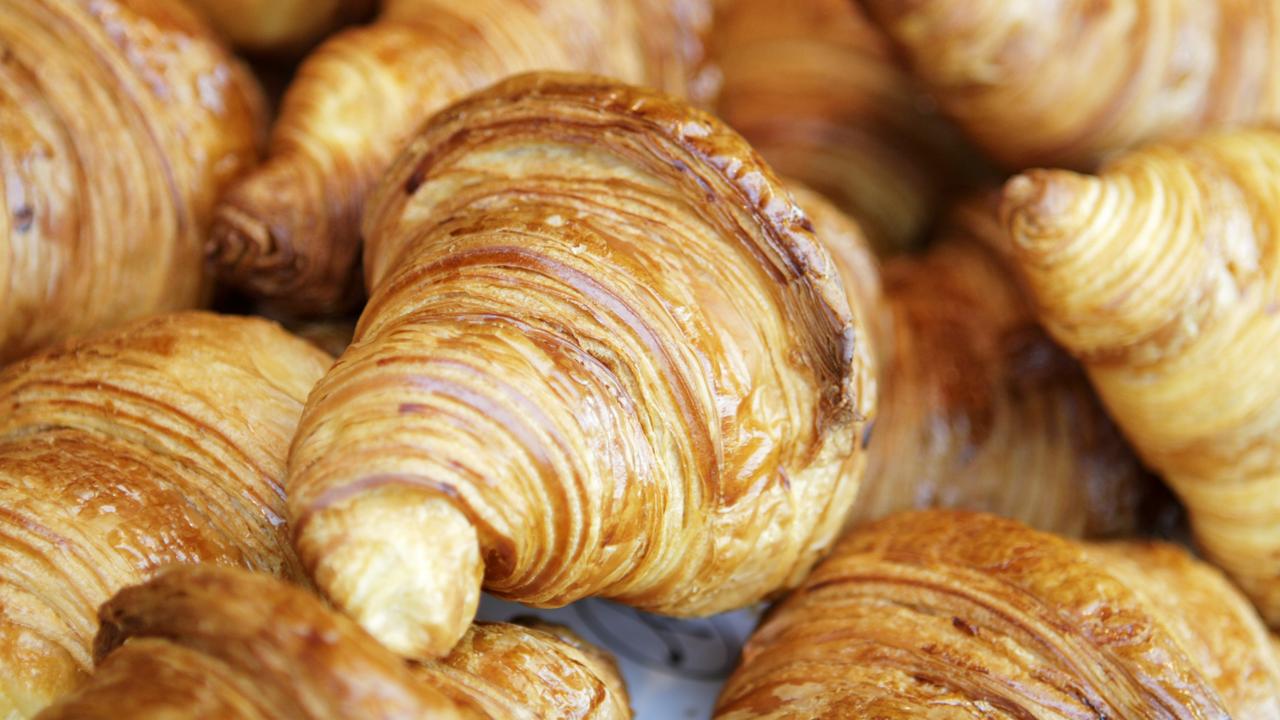
These two factors have made France a world leader in many aspects of culture, including food, wine, politics, philosophy*, music, art, fashion, literature, and sports.
There are 18 regions of France, 13 in mainland Europe and five overseas. The five overseas regions are called “collectivities”. They include:
- Saint-Barthélemy (Caribbean)
- Saint-Martin (Caribbean)
- Saint Pierre et Miquelon (North America)
- Wallis et Futuna (Pacific)
- French Polynesia (Pacific)
With over 20 per cent of the land in France covered with forest and another 50 per cent countryside or farmland, many French people live in cities. Paris and its surrounding area, along with another region, Hauts de-France, is home to nearly one-third of the French population.
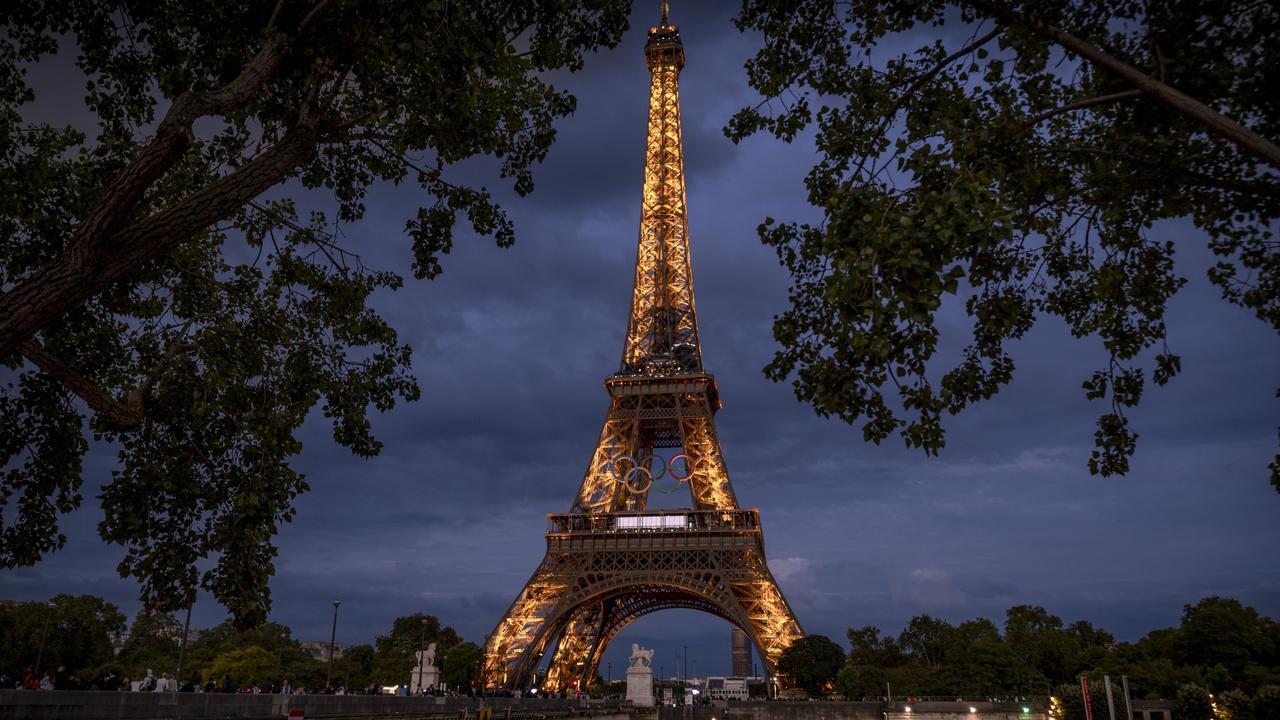
PARIS, THE CITY OF LIGHT
Paris, the host city of the 2024 Summer Olympic Games, is known as the City of Light (Ville Lumiere).
It got this name because it was the first city in Europe to use streetlights at the start of the nineteenth century.
As technology improved, Paris used lights more often, with electricity allowing public spaces, leisure spaces and monuments to be lit up, including the Eiffel Tower, which featured lights from 1937.
Over the years, the name has also come to refer to the city’s bright, enduring* spirit.
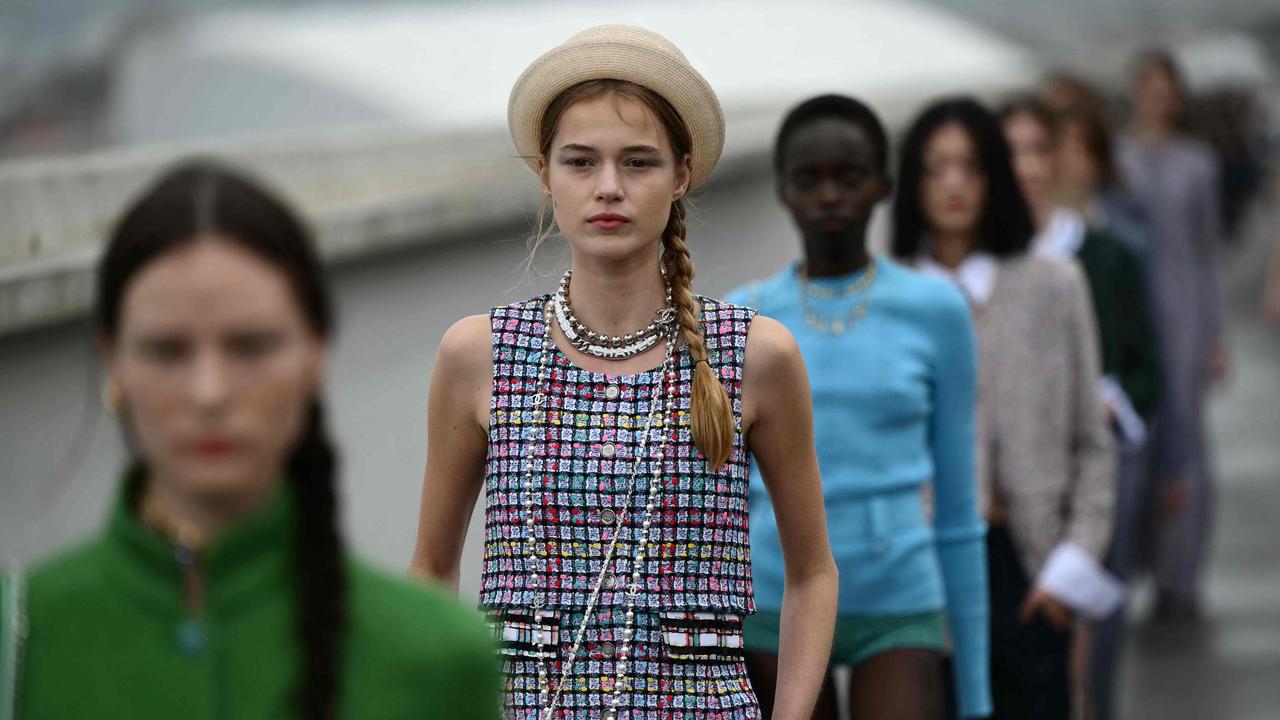
GLOBAL FAME
France is famous for many things, including art, fashion, architecture*, and philosophy. It is also known for its very delicious and interesting food and wine.
Some of its most iconic* foods include Boeuf Bourguignon, a stew of beef, red wine and vegetables; tarte Tatin (a French pastry often made with apples); French onion soup; escargot (snails with parsley and butter); crepes and chocolate souffle.
Although a croissant is not technically French, it is still very popular in France, along with baguettes (a long thin type of bread) and of course cheese (fromage!).
Comte, camembert, brie, gruyere, and roquefort (a blue cheese or cheese with mould) are some of its most well-known varieties.
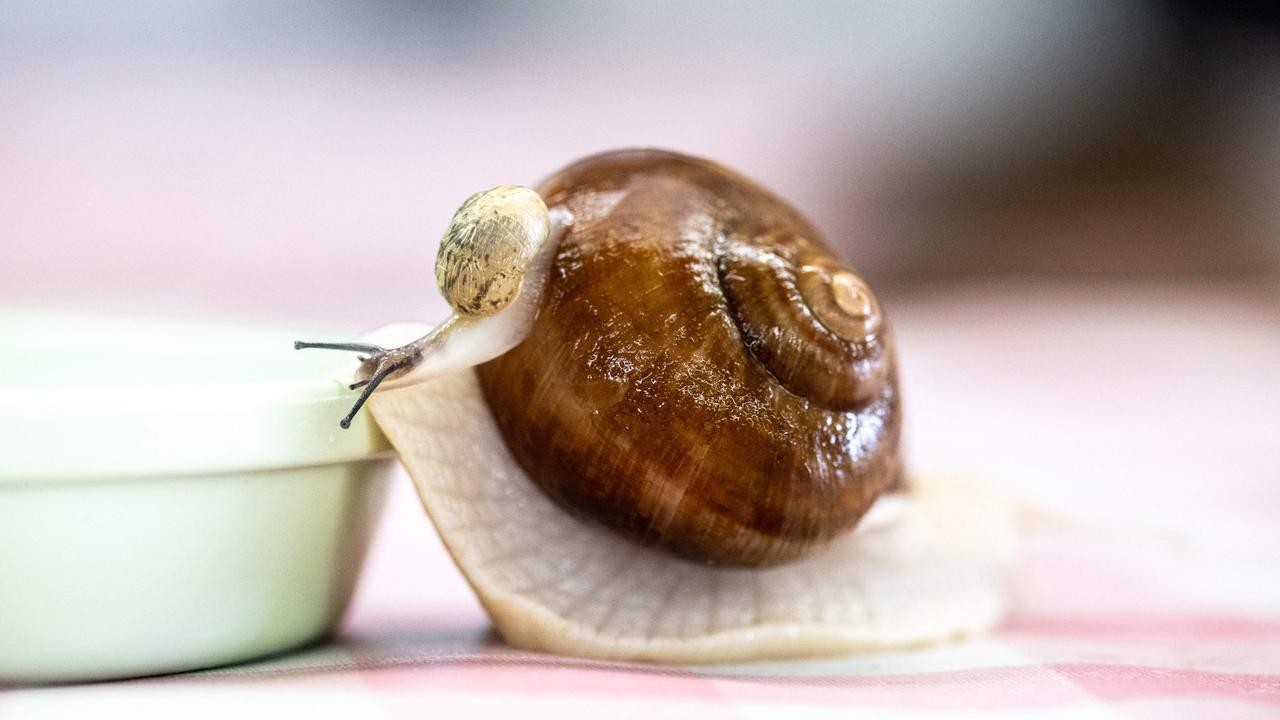
France is also known for its wine. Often “vin” is paired with cheese.
Some famous French wines include cabernet sauvignon; pinot noir; rosé; chardonnay; and sauvignon blanc.
France is also home to champagne. Did you know that champagne can only be called champagne if it comes from the Champagne region of France, otherwise it is referred to as sparkling wine?
Provenance, or the area where a food or drink was first made, is very important in France and other countries of Europe. Many cheeses take their name from the location where they were originally made.
Another important part of French culture is art.
The Louvre, the epicentre* of art and history in Paris, is one the most visited museums in the world and home to the most famous painting, the Mona Lisa. Many museums, including the Louvre, will stage sports-themed exhibitions over the Olympics.
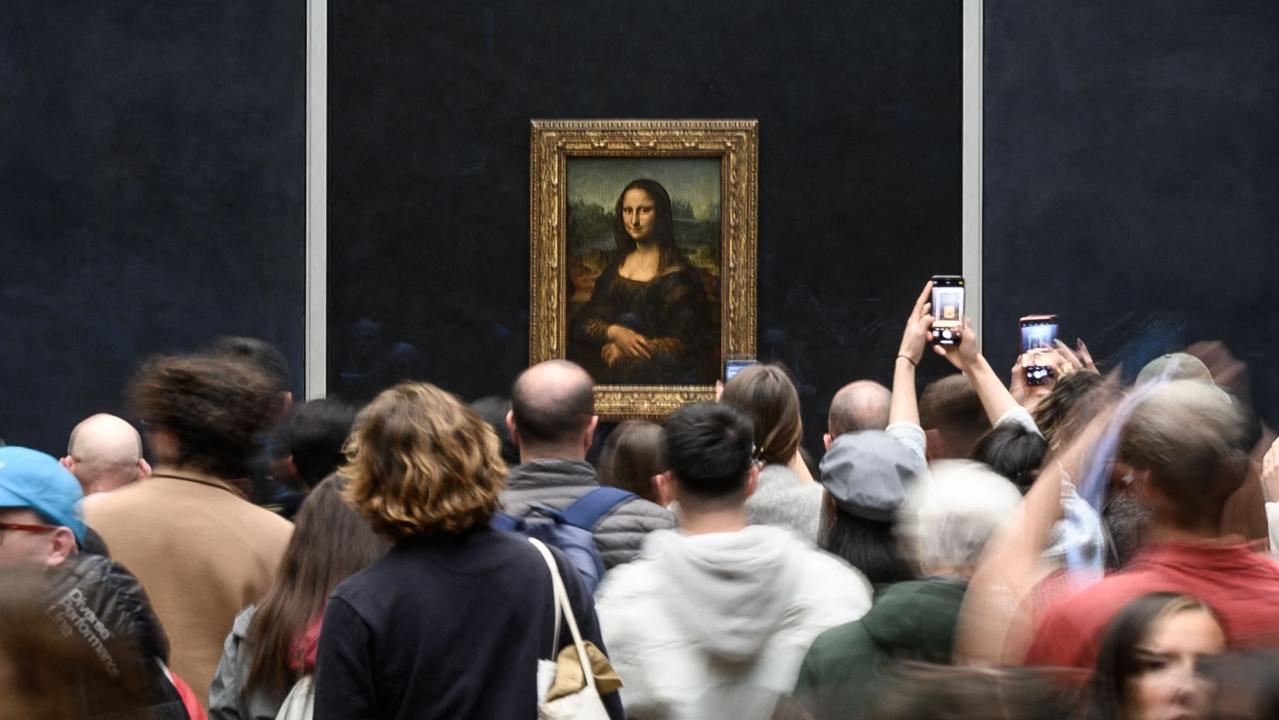
TRAVELLING IN STYLE: TGV AND EUROSTAR
Many people who live in or visit Europe travel between regions and countries by train.
The Eurostar is one of the most popular. It is an international, high-speed rail service that connects Western Europe, France, the Netherlands, Belgium, Germany, and the United Kingdom.
Another popular rail service is the TGV (Train à grande Vitesse) which operates within France. The high-speed trains travel up to 270 km/h and can make a 426 km trip in just two hours!

PART 9B: A BRIEF TRIP BACK IN FRENCH HISTORY
France is one of the oldest countries in the world, which means it has a lot of interesting history.
THE HUNDRED YEARS WAR
One of the most famous events in French history is the Hundred Years War, which, just as it sounds, lasted over a century*, from 1337-1453.
The war was fought between France and England due to a disagreement between the King of England, Edward III, and the King of France, Phillip IV.
The war reinforced a sense of national identity* for both countries and a (now friendly) rivalry* that has existed ever since.
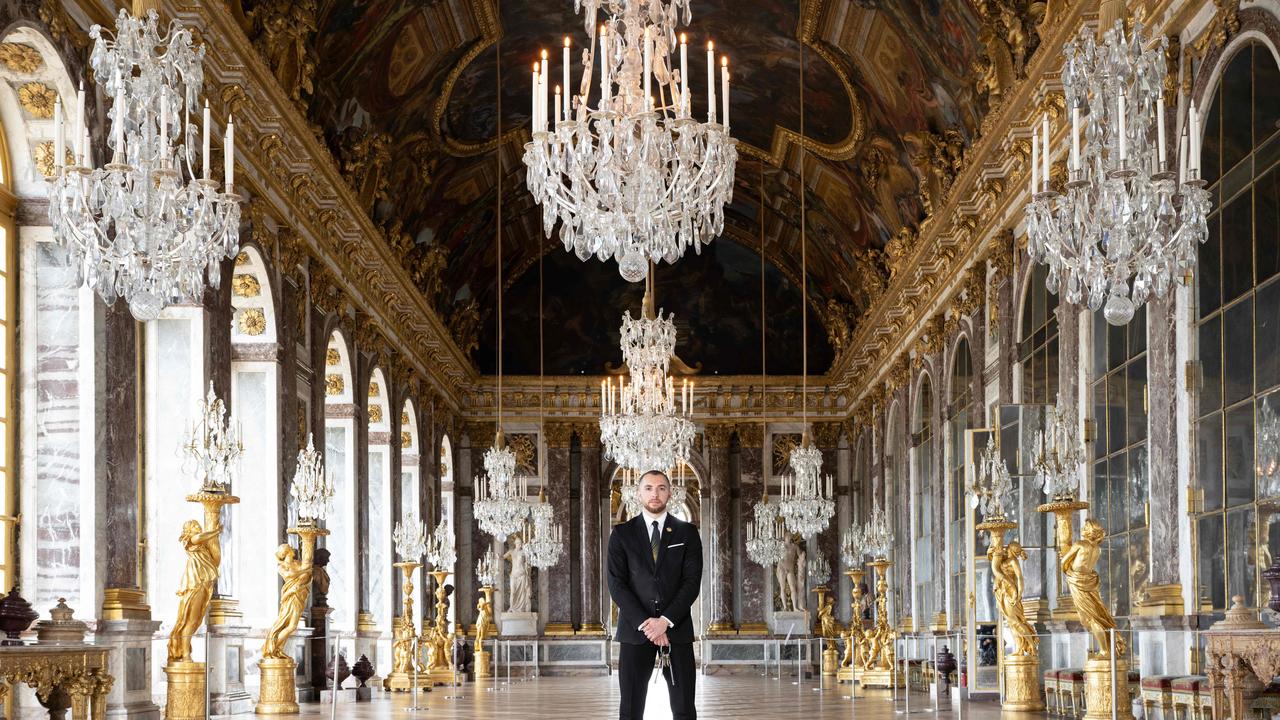
REIGN OF LOUIS XIV
King Louis XIV ruled France between 1638 and 1715 from his luxurious home, the palace at Versailles.
He shifted the balance of power in French politics, which saw the monarchy (the royal family) become the country’s most powerful people, leaving many French people with fewer rights and less money.
This imbalance lasted until the French Revolution.
THE FRENCH REVOLUTION
One of the key events in all French history was the French Revolution of 1789.
The French Revolution was a violent uprising that brought down the King and made France a republic, a country ruled by the people. While the republic didn’t last, France never returned to being a deeply unequal society.
Two of the most famous figures from French history are Napoleon Bonaparte and Marie Antoinette.
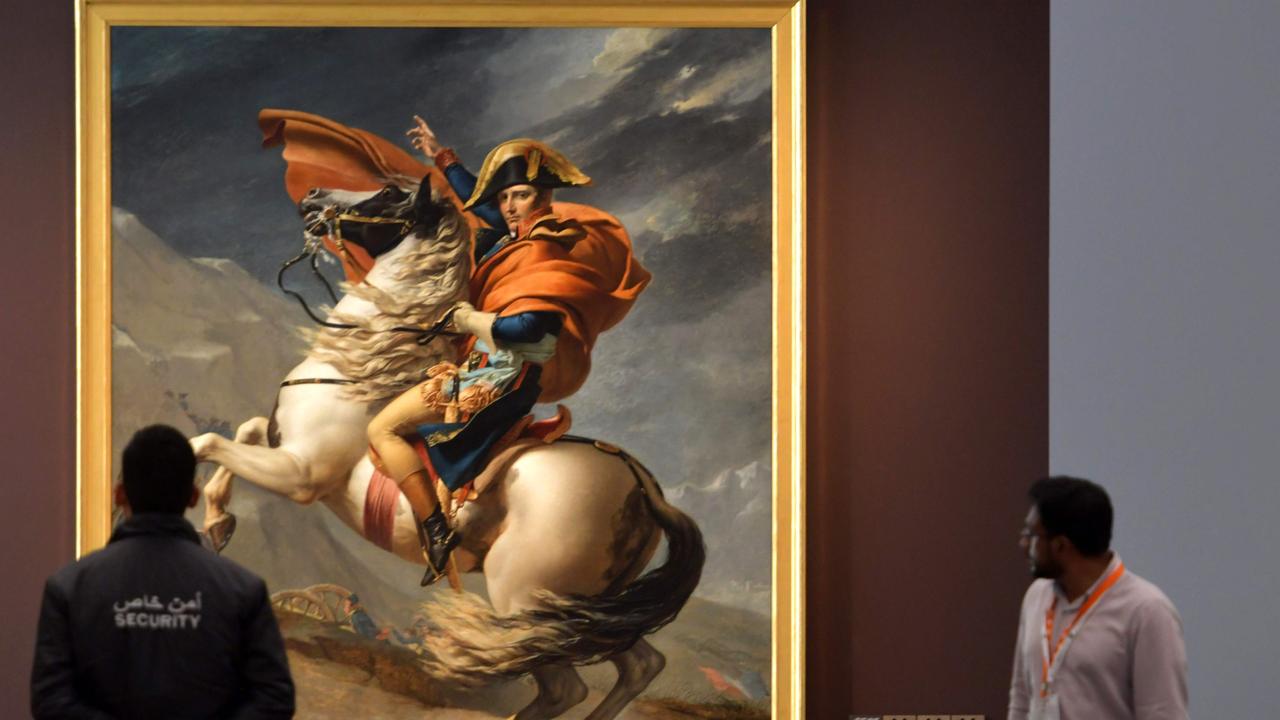
Napoleon Bonaparte was a young general who got rid of a different government called the Directory in 1799. He made himself the leader of a new government called the Consulate and then grew so powerful that he later declared himself the Emperor of France.
Marie Antoinette was married to the heir to the French throne in 1770. At the beginning of the French Revolution, Marie convinced the King to try and escape Paris, but they were caught and imprisoned. Marie was tried in a French court and convicted of treason*; she was put to death by the guillotine (a heavy blade used for beheading people) two days later.
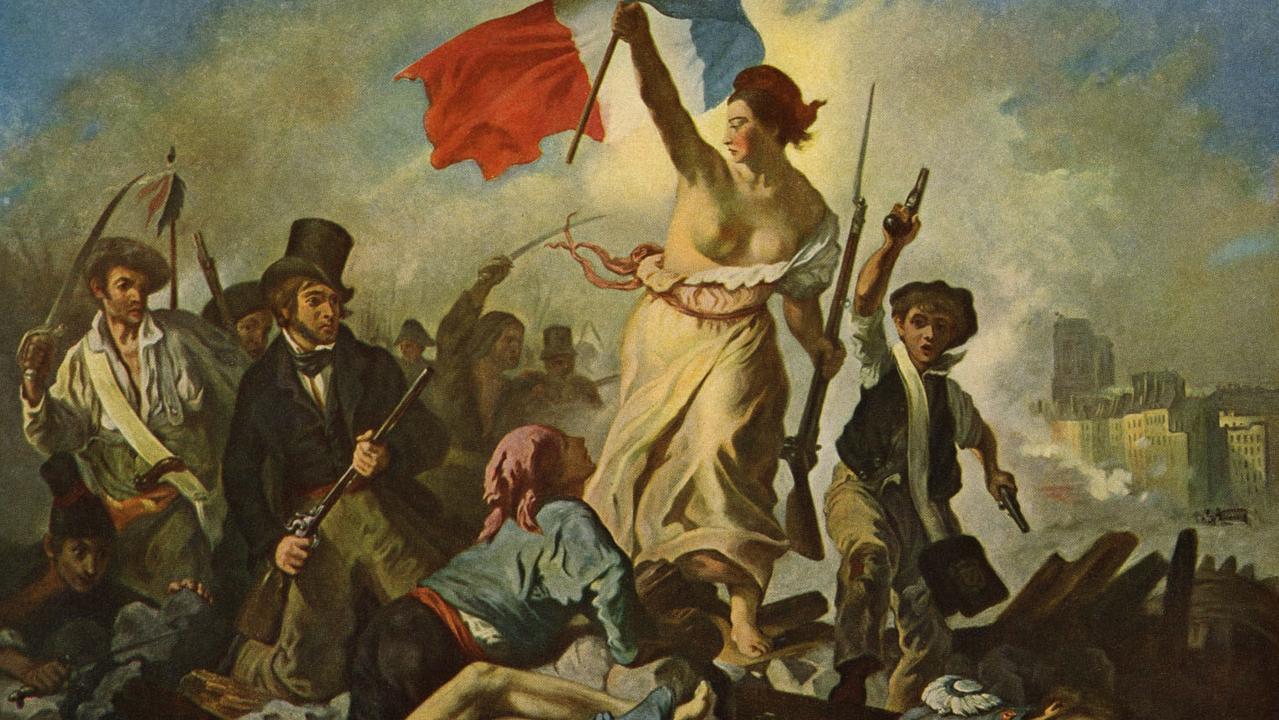
THE ENLIGHTENMENT
Another important part of French identity is the Enlightenment.
The Enlightenment was a period of great thinking that occurred during the 17th and 18th centuries. People known as philosophers from across Europe (particularly France) tried to understand the world based on reason rather than superstition*.
The movement questioned many beliefs that people had about religion, power, politics and society.
This way of critical and some might say enlightened thinking has continued in France ever since and can even be seen in the planning for the 2024 Olympic Games, which are known as the sustainable, responsible Games.
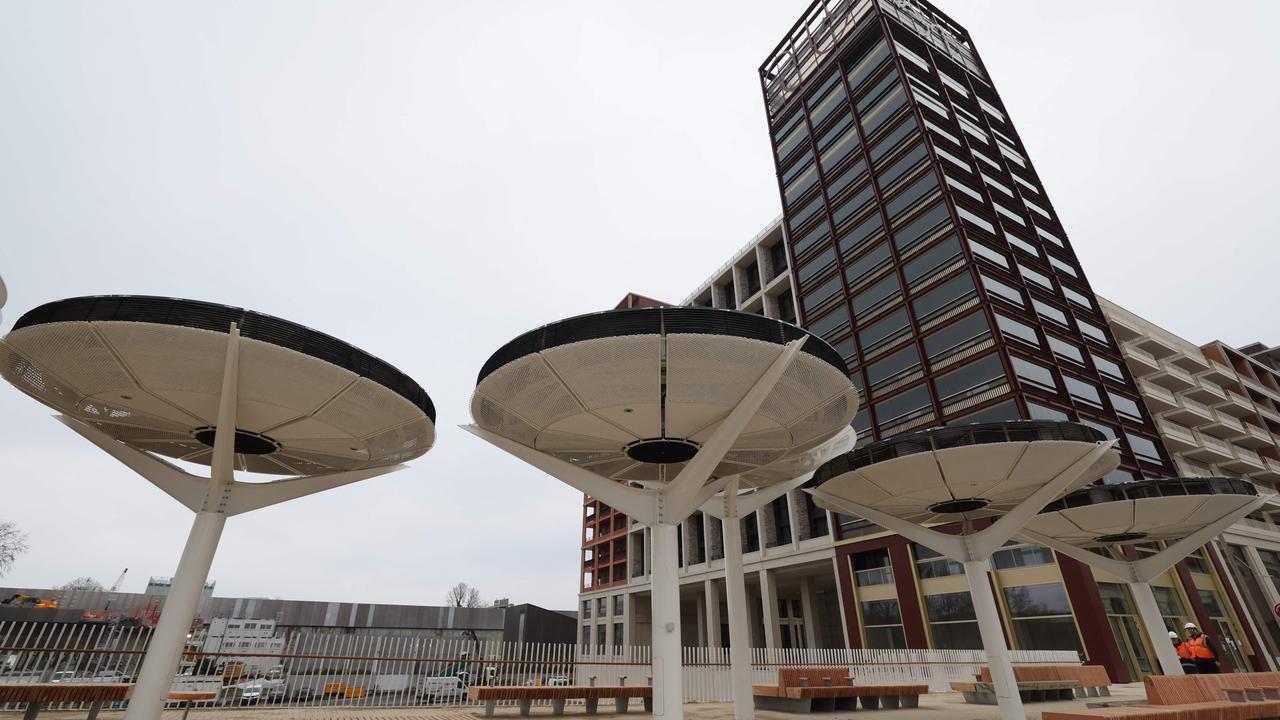
With a commitment to the climate and the environment, environmental responsibility was a core part of the Paris 2024 bid and has continued to be throughout its planning.
Working with the Paris City Council and all its other partners, Paris 2024 aims to cut the greenhouse gas emissions* generated in organising the Games by half and to offset* more emissions than it creates.
It is also using 95 per cent pre-existing or temporary venues for the Olympic events and festivities, to reduce building and the carbon footprint* of the Games.
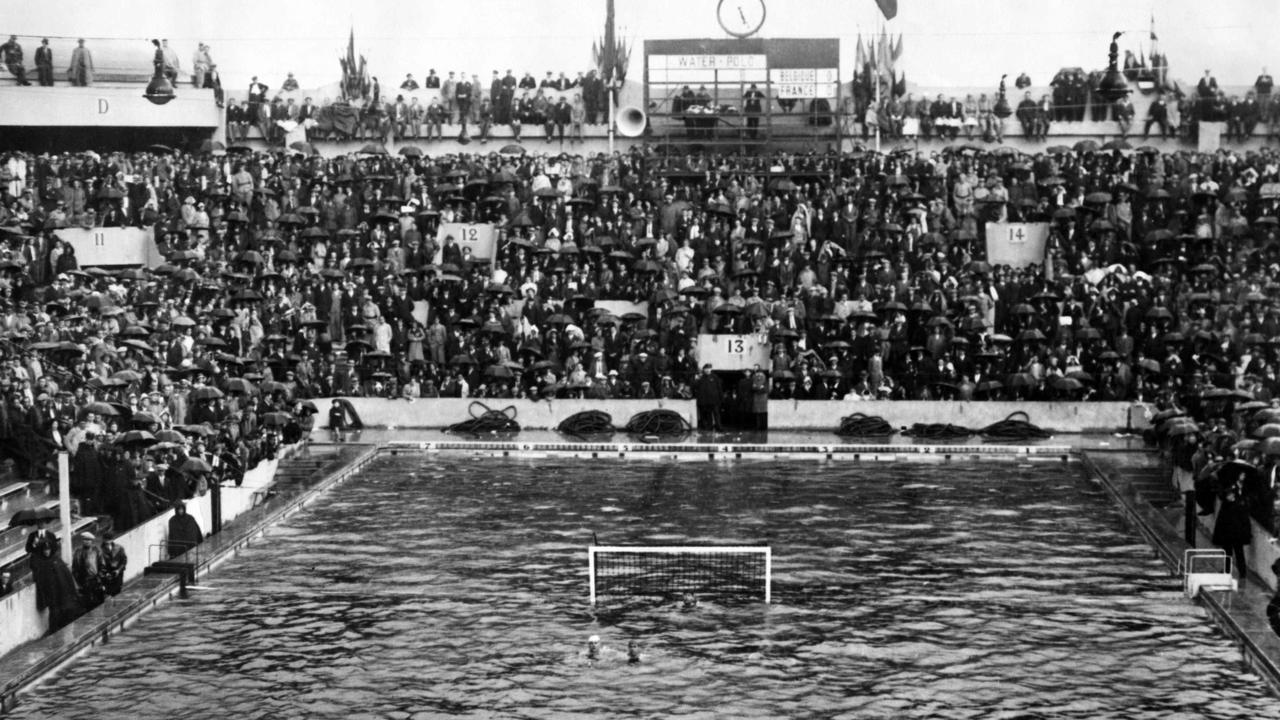
OLYMPIC HISTORY
The 2024 Summer Olympics in Paris will mark the third time the city has hosted the Games.
The first was in 1900 and the second was almost a century ago in 1924.
There has been a lot of change in the world since then, from improvements in technology (the television, jet engine and computer were all invented), as well as changes to sport.
The Paris 1924 Olympics had only 17 events, compared to the 2024 Paris Games, which will hold 32.
The 1924 Games saw the introduction of the first female fencing event, as well as the demonstration sports of Basque pelota*, savate (French boxing), canoe and canne de combat (a French martial art).
Tennis was also featured for the first time.
In the 2024 Paris Games, break dancing will be introduced at the Olympics.
Outside of the featured sports, there are some other big differences between the 1924 and 2024 Olympic Games.
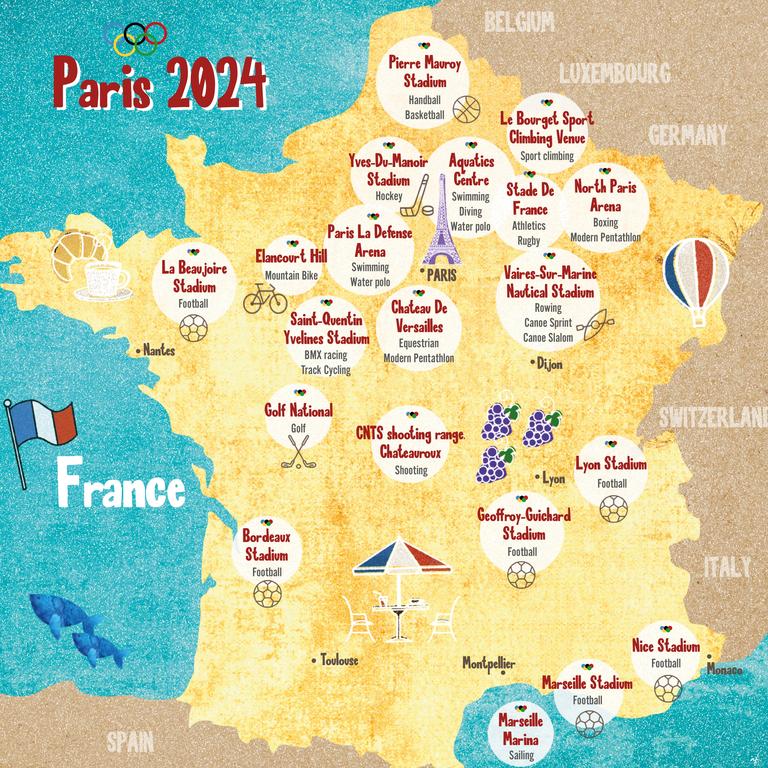
THEN AND NOW SNAPSHOT
Duration: Paris 1924 took just under three months. Paris 2024 will run in just over two weeks.
Countries: Paris 1924 saw 44 National Olympic Committees (NOCs) participate. In 2024, more than 200 NOCs will take part, in addition to the Refugee Olympic Team.
Athletes: Paris 1924 featured 3089 athletes (135 women and 2954 men). Paris 2024 will have around 10,500 competitors, with men and women in equal numbers.
One venue used in the 1924 Paris Olympics will also be used at the 2024 Games, the Yves-du-Manoir stadium. In 1924 it hosted the Opening and Closing Ceremonies, some rugby and football matches. In 2024 it will host hockey.

POLL
GLOSSARY
- hexagon: a 2D shape with six sides and six angles
- philosophy: the study of knowledge, reality, existence and the meaning of life
- enduring: long-lasting
- architecture: the style of building
- iconic: symbolic, thought to represent the nature of something
- epicentre: where something comes from or is most relevant
- century: 100 years
- national identity: a sense of belonging to a country
- rivalry: fight, argument or competition
- treason: the crime of betraying one’s country
- superstition: a belief in the supernatural and that it can give you good or bad luck
- greenhouse gas emissions: gases made from pollution that heat up Earth’s atmosphere and contribute to global warming and climate change
- offset: to balance something out
- carbon footprint: how much carbon dioxide an organisation or country emits
- Basque pelota: a ball game similar to tennis, handball and squash combined played in the Basque region of France and Spain
- Refugee Olympic Team: a team made up of independent Olympic athletes who are refugees, or people that have fled their country for a better or safer life
QUICK QUIZ
1. What is the French word for “world”?
2. What shape is the country of France?
3. How many people live in France?
4. Where does the croissant come from?
5. How many times has Paris hosted the Olympics?
LISTEN TO THIS STORY
CLASSROOM ACTIVITIES
Kids News has produced a free Paris Olympics education workbook full of classroom activities to support the information in this series.
It has been crafted by one of our expert Kids News teachers and complements the information in these education kit articles.
Sign up to the free Kids News weekly newsletter HERE to access the education workbook plus more news and initiatives.
EXTRA READING
PART 10: the Paralympics


